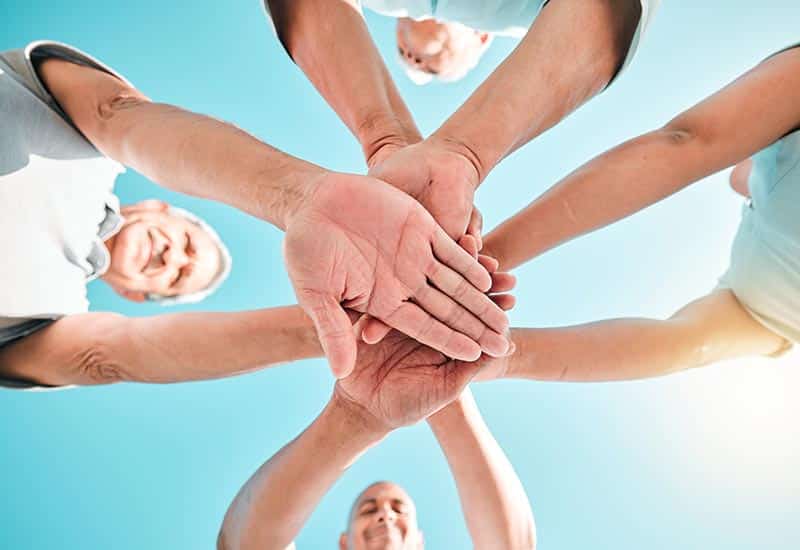Key Points
- Dialing 211 connects you to a non-emergency helpline for support with a range of challenges.
- Callers can get connected to help with finance, healthcare, mental health support, senior care, and various other needs.
- When appropriate, 211 employees will try and connect a caller to the right emergency or crisis support specialist.
- Anyone struggling with addiction could call to get confidential support and information about substance abuse programs.
Everyone knows to call 911 in an emergency. But what do you do if you need help that’s not categorized as “urgent?” Many people in the United States are struggling with their finances, daily healthcare needs, and challenges such as substance use.
There are at least 47.7 million illicit drug users in the U.S., many of whom will suffer from addiction. [1] Yet there’s no emergency service to fix these issues. Thankfully, there is a line you can call, staffed by compassionate personnel from non-profit organizations. Call 211 and you’ll be connected to a local expert who can help you work toward the right solution to your problem.
Who Runs the 211 Helpline?
The
Federal Communications Commission (
FCC) designated the 211
phone number a dedicated support line
in 2000. [2] Today, there are over
200 call centers dedicated to the 211 line in the U.S., each funded wholly or in part by
United Way. [3]
United Way is a
non-profit organization that connects individuals with relevant
community resources. They also help make it simpler for people to access
social services, healthcare, education, and more. [4] Other
non-profit organizations help run the
call centers, including some local crisis centers.

What Services Does 211 Provide?
When you dial the
211 service, you can ask for help with any of the following:
- Health care concerns, including the cost of care
- Caregiving, including childcare and senior care
- Crisis intervention, for example, with mental health concerns or addiction
- Disability advice and support
Many of these are classed as community or
human services. The 211 line also provides
community information and general advice on the
available resources in the caller’s area.
How Does 211 Help Those in Need?
What happens when you call 211? You’ll be connected to an agent who is an expert in
local services and
community resources. They will listen without judgment and refer you to the right service if they can’t answer your questions right away.
Each 211
call center helps by connecting people to the services that will benefit them the most. If someone needs help with a
mental health referral, a 211 team member may be able to talk them through that or connect them to a local provider. [5] For anyone at risk of
losing safe housing, the 211
hotline can provide information about their options and legal rights. [6]
When it comes to substance use,
community services can be a
useful starting point to learn about effective recovery programs available in the caller’s area. [7] A
resource specialist can look up trusted recovery centers and offer confidential advice to help put the caller on the right path.
Here at Southeast Addiction Center, we understand the positive impact of effective
community services. Working as a team to help an individual take steps toward recovery can be very effective, which is why we offer
family programs and
partial hospitalization programs (PHPs) that allow clients to return to their loved ones daily.
Contact Southeast Addiction Center to find out more about compassionate substance use recovery programs.
